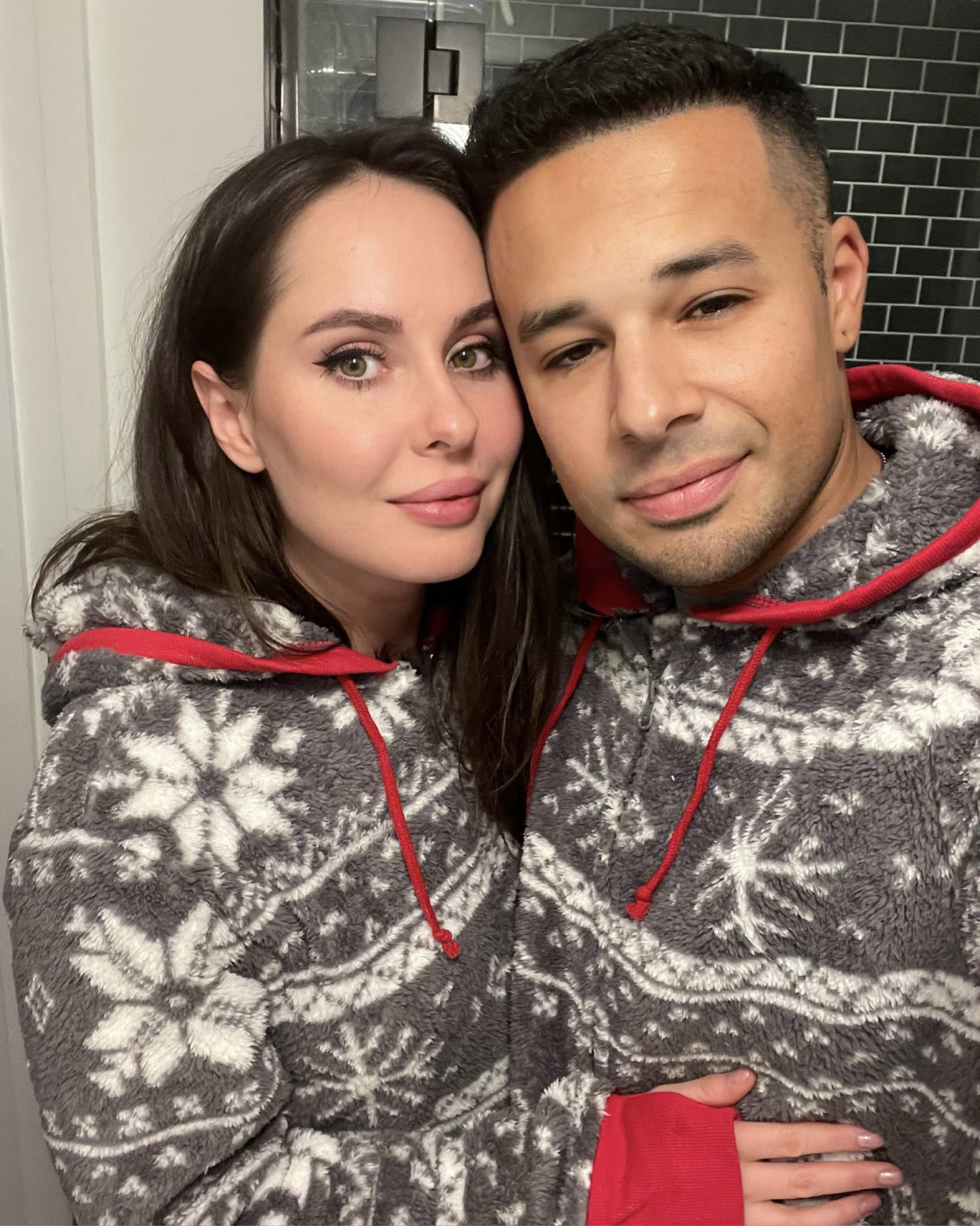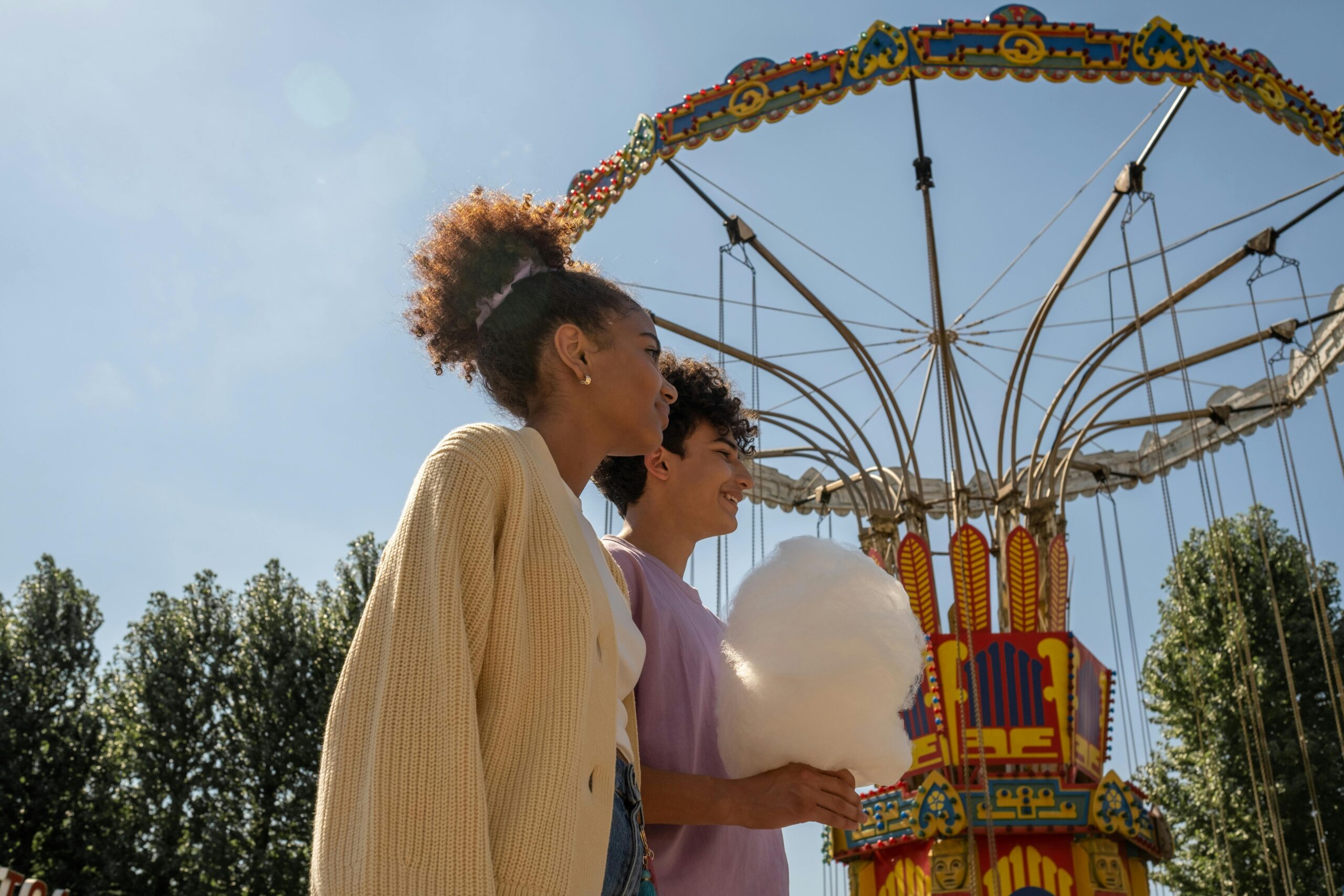The Founder’s Journey to Love on SciMatch

My journey to finding love began with the most challenging breakup of my life. We met offline at a birthday party, felt an immediate connection, and seemed perfect on paper. However, as time passed and we revealed more of ourselves, fundamental differences in our personalities emerged, making it clear that our relationship couldn’t succeed long-term. Parting ways, despite the love we shared, was heart-wrenching. Hearing those shattering words, “I love you, but I don’t see you as my long-term partner,” left me questioning everything.
In the aftermath, I found myself positively obsessed with understanding what went wrong. I couldn’t stop analyzing every detail, wondering if there was a way to foresee whether a relationship could work before investing so much of yourself in it. It’s clear why we feel like we’re falling in love initially—the attraction and the way we check each other’s boxes. But what makes a relationship last in the long run? Driven by these questions, I conducted extensive research and discovered that true compatibility goes far beyond initial attraction or shared interests like a love for cats and rock ‘n’ roll; it’s much deeper. It’s about how well your personalities align. For instance, if you are introverted and he is extroverted, even this one mismatch can lead to problems in how you spend time together as a couple. While one partner craves intimate evenings, the other thrives on social interactions. This revelation sparked the idea for SciMatch.
A couple of years later, my sister and I brought SciMatch to life. Our app doesn’t just evaluate how good you look on paper but also how well you’ll work together as a couple. Naturally, I became the first user.
One day, Mike’s profile appeared. He wasn’t my usual type, but curiosity led me to press the Ruby button to check our compatibility. It was a staggering 92%—the highest I’d ever seen. Knowing the rarity of such a match, I decided to explore further.
We connected on the app and had fantastic conversations. Our shared sense of humor and engaging discussions hinted at something special. However, our first date didn’t go as planned. Mike arrived late and kept repeating a story about his stolen bike over and over again, interspersed with bragging about his newly renovated apartment. It wasn’t the best first impression, and I felt torn between my disappointment and my faith in the algorithm.
Later, Mike confessed that he had been extremely nervous and not himself on our first date. Acknowledging this, I decided to give him another chance. Deep down, I trusted the algorithm we had painstakingly developed. I knew that a 92% compatibility score wasn’t just a number; it represented a profound alignment in our core values and personalities. If the algorithm had worked so well for others, why not for me?
I’m so happy I gave him another chance. I invited him to a rooftop BBQ, and this time, he knew I was interested, boosting his confidence. We talked all night, danced, and laughed about our awkward first date. It was a perfect evening, effortless and genuine.
As our relationship progressed, it became clear how well we complemented each other. We were like perfect puzzle pieces fitting seamlessly together. From the first “I love you” to meeting each other’s parents and moving in together, every decision was easy and natural.
With the right person, love is easy, and decisions come naturally. Building a harmonious relationship is smoother when you start with someone truly aligned with your personality, avoiding the challenges that arise when fundamental traits don’t match. I found my perfect match, and I hope SciMatch helps you find yours too. Love is no coincidence.






